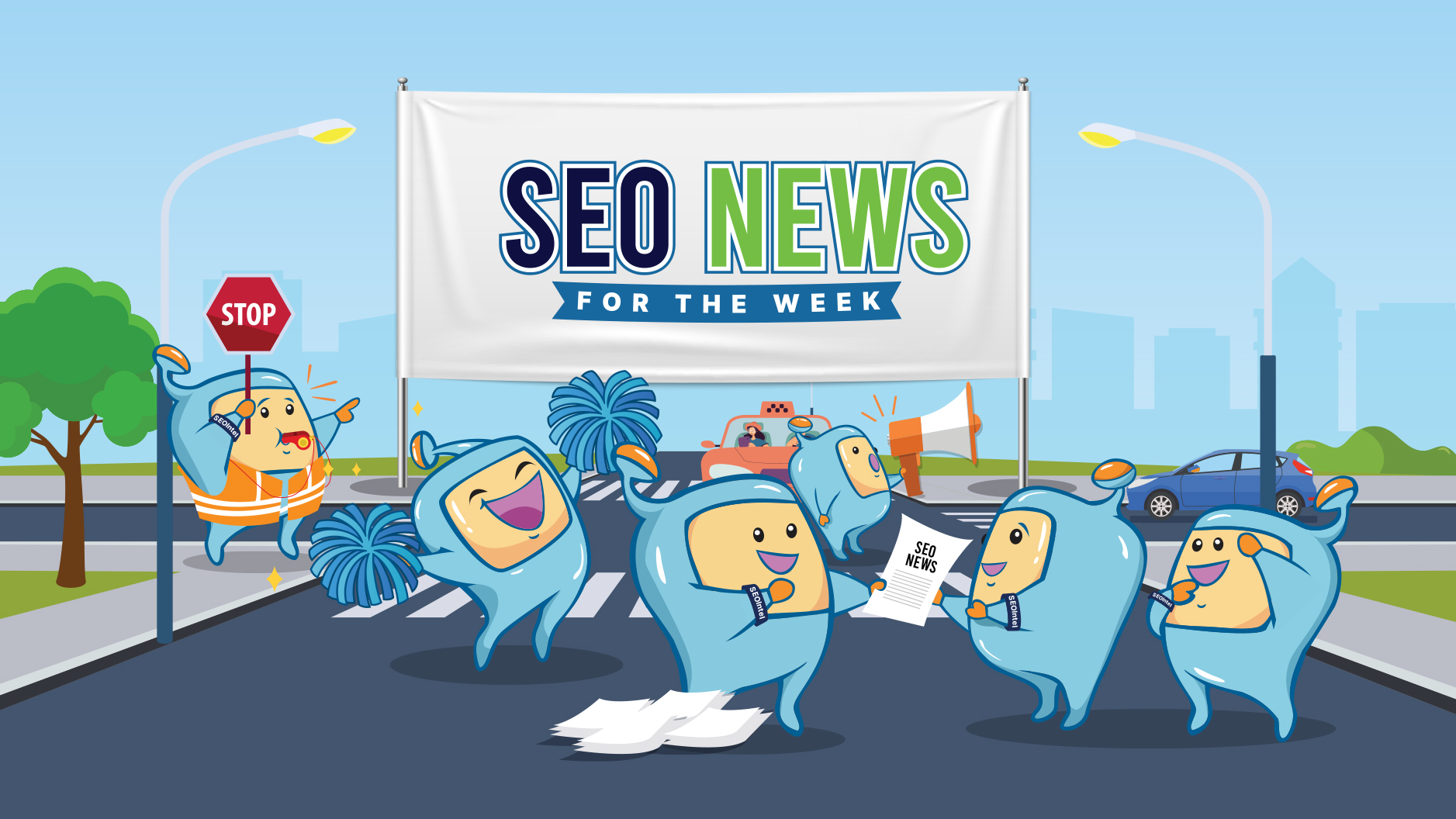
This week, the search and AI landscape delivered some eye-opening updates. Google is doubling down on personalization and agentic capabilities in AI Mode, introducing features that could reshape how users interact with search. At the same time, Google Ads rolled out its new “Google Verified” badge to boost trust in Local Services Ads. And beyond Google, a major shift in referral patterns shows that ChatGPT traffic to websites has taken a steep dive—sparking new questions about how AI-driven discovery really works.
Google’s has announced that their AI Mode in Search is now rolling out to over 180 countries and territories in English, building on earlier availability in the U.S., U.K., and India. This chatbot-like experience supports natural language queries and encourages deeper exploration with follow-up prompts.
Agentic Capabilities: Let AI Take the Wheel
For Google AI Ultra subscribers in the U.S., AI Mode now includes agentic capabilities, starting with restaurant reservations. Just specify details—date, time, party size, cuisine—and AI Mode searches partners like OpenTable, Resy, Tock, and more to suggest options and direct you to booking pages.
Personalization and Link Sharing
Users in the U.S. can opt into more personalized results via Search Labs. AI Mode tailors suggestions based on past searches or preferences—like suggesting vegan restaurants if that’s your prior behavior. Additionally, you can share your AI Mode results via link, letting others pick up the conversation—but you can delete those links anytime.
Powered by Project Mariner and Gemini
These new behaviors are driven by Google’s underlying tech—Project Mariner, enabling AI to navigate websites, fill forms, and click through as needed, combined with Gemini models that understand context and reasoning.
Why This Matters
This update marks a shift from passive answers to actionable AI agents embedded within Search. For users, it means fewer distractions and hands-on search outcomes. For SEOs, publishers, and service providers, this introduces new opportunities—and benchmarks—for discoverability in AI-driven results.
Starting in October 2025, Google will consolidate all existing Local Services Ads (LSA) credibility markers—like Google Guaranteed, Google Screened, License Verified, and Money Back Guarantee—into a single clear indicator: the Google Verified badge. This unified badge will appear on eligible LSA profiles that have completed the necessary screening and verification steps. The badge will also dynamically display which checks a business has passed, helping users easily evaluate trustworthiness.
Why It Matters for Businesses
This streamlined badge simplifies visibility and trust for local advertisers. Instead of navigating multiple trust indicators, customers see a single, trusted symbol of credibility. Plus, businesses that have already completed verification won’t lose recognition—they’ll simply carry forward to the new badge format.
What to Do
Bottom Line
Google’s move to a unified “Google Verified” badge ups the clarity for both consumers and advertisers. If you serve local customers, it’s time to confirm your verification status and lean in—because soon, one badge could become the most trusted sign in local search ads.
SEO strategist Joshua Blyskal at Profound in his LinkedIn post revealed that referral traffic from ChatGPT has declined 52% since July 21st, based on aggregated analytics covering over 1 million referral visits tied to more than one billion citations. This creates a significant concern: ChatGPT’s shifting traffic patterns are impacting visibility for many sites.
Why Reddit, Wikipedia, and Tech Radar Are Winning
The drop tracks with a dramatic citation shift—Reddit citations rose 87%, and Wikipedia jumped 62%—making Reddit, Wikipedia, and TechRadar collectively command 22% of all ChatGPT citations. That leaves a shrinking slice for branded or niche publishers.
Volatility in AI-Driven Referral Behavior
Blyskal emphasizes how experimental tweaks to ChatGPT’s retrieval system—specifically its RAG-based citation weighting—can yield fast, volatile referral changes. One algorithm adjustment caused this 52% drop within four weeks. He warns that site owners are vulnerable to abrupt shifts, with little visibility into the triggers.
Part of a Broader Trend
Supporting this, Siege Media found ChatGPT referral traffic rose 10.7% in June, then fell 3.8% in July—highlighting an early but unstable growth trend for this AI channel.
Meanwhile, Ahrefs launched a tracker showing ChatGPT now drives 0.19% of web referrals, growing 3.8x faster than Google search traffic (which still dominates at 41.9%).
Why This Matters
Action Steps for Marketers & SEOs
| Action | Why It Matters |
| Monitor AI referrals regularly | Capture unexpected swings and adjust quickly |
| Structure content for AI extraction | Facilitate citation through summaries, FAQs |
| Diversify audience channels | Offset volatility by building email and community pathways |
| Leverage emerging data tools | Tools like Ahrefs’ tracker or Profound’s analytics surface actionable trends |
Final Thought
ChatGPT’s referral impact is in flux—and heavily skewed toward major domains. For branded or niche publishers hoping to capture AI-driven clicks, content architecture, citation readiness, and audience diversification are now essential. Visibility in AI conversations isn’t just about ranking—it’s about being reference-worthy.
From evolving AI features in Search to trust signals in advertising, and even the volatility of AI-driven referral traffic, one thing is clear: the digital ecosystem is moving fast. Staying visible now means not only keeping up with Google’s changes but also understanding how platforms like ChatGPT are redistributing traffic and attention. We’ll be watching closely as these shifts unfold—because the ability to adapt quickly could define the winners of this new search era.